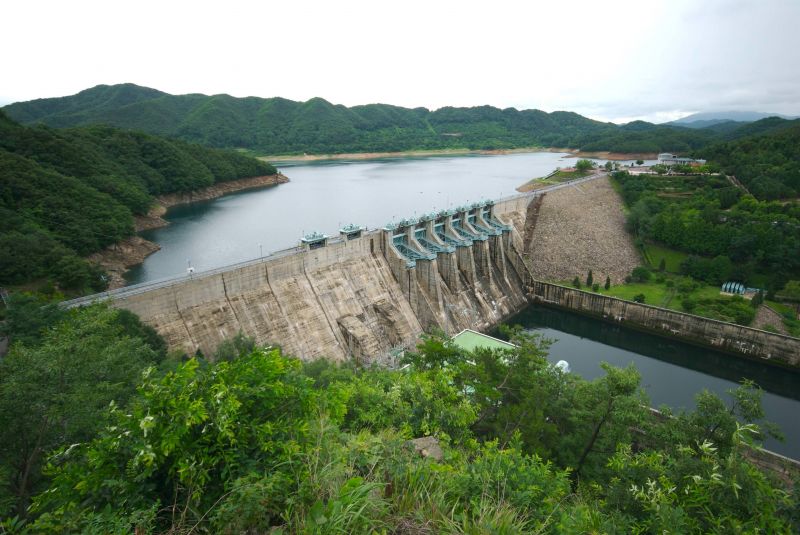Sustainable Dams – Are They Possible? CSU Expert Weighs in
Published on by Water Network Research, Official research team of The Water Network in Academic
N. LeRoy Poff, professor of biology at Colorado State University, studies the ecological impact to rivers from human-caused changes, such as dam building, and how these modified river systems can be managed for resilience.
Humans have been altering natural waterways for centuries, but only in the last several decades have dams raised ecological concerns.

Dam, representative image, Source: Wikipedia
Shared expertise in Science
In a Dec. 8 Perspective piece in the journal Science, Poff, an expert in hydroecology and determining environmental flow needs for rivers, writes on the state of research in sustainable dam design. He highlights a new tool that researchers at Arizona State University are proposing for engineering river flows in Southeast Asia in order to sustain the economically and culturally important natural floodplain fisheries of the region.
“As a researcher, I am concerned about biodiversity conservation, and about sustaining rivers at a level of functional integrity that enables them to provide both biodiversity support as well as ecosystem goods and services,” said Poff, who also holds a partial appointment in riverine science at Australia’s University of Canberra. “I’m interested in where those intersect.”
New tools for old problems
Writing with co-author Julian Olden of the University of Washington, Poff cites a new study that could provide innovative solutions to preserving river flow in the Mekong basin of Southeast Asia, where several new dams are being proposed. The ASU researchers report a spectral analysis tool that identifies dominant signals in hydrology time series. These signals predict the fisheries’ production from year to year, opening possibilities to new flow management strategies.
Poff and Olden contend that balancing economic, social and ecological needs as dams come online in developing countries requires technological solutions like the ones described by the ASU researchers.
“Ultimately, managing rivers for multiple, sustainable benefits requires integrating scientific, social and policy perspectives into operational decision frameworks,” the authors write.
Poff, who has also done extensive river work in the state of Colorado, adds that balancing water for society and ecosystems continues to be one of the state’s biggest challenges. Techniques like the one described in Science may help improve health and sustainability for river ecosystems in Colorado, the U.S. and throughout the developing world.
Source: Colorado State University
Media
Taxonomy
- Hydrology
- River Studies
- Ecosystem Management
- River Engineering
- Hydropower
- Dams
- Hydrology
- River Engineering